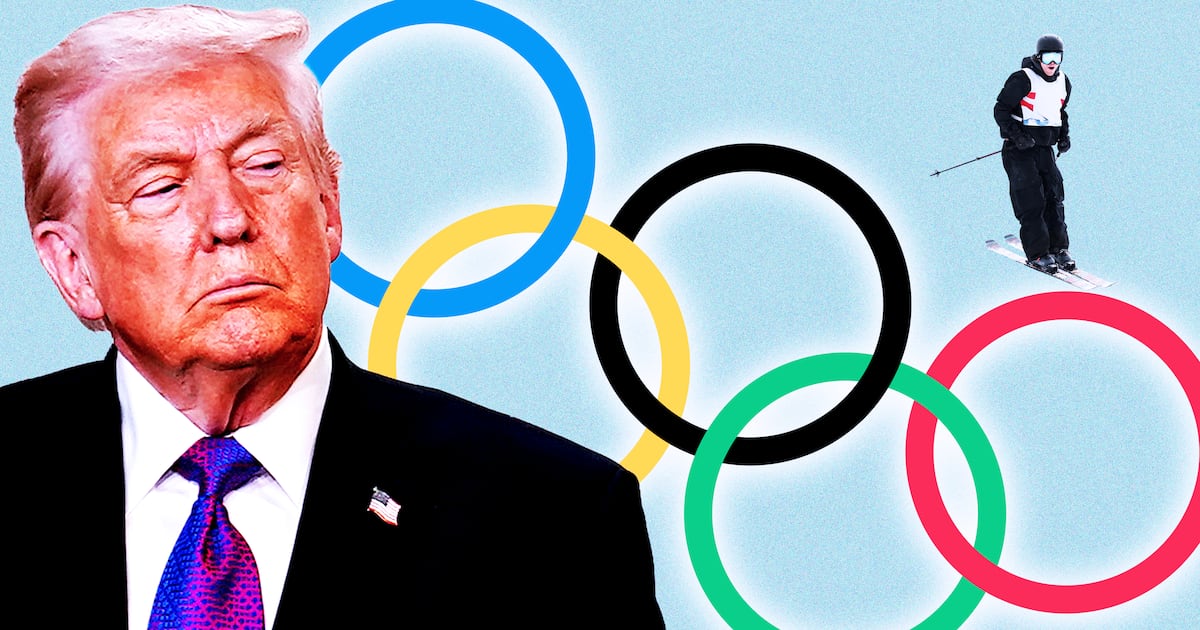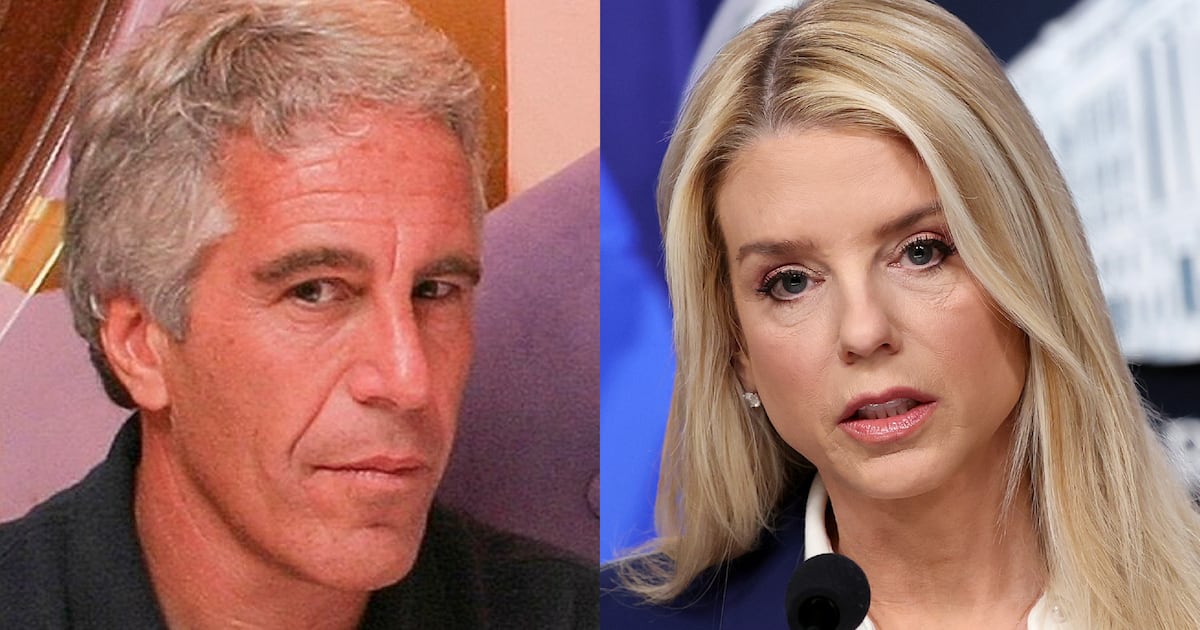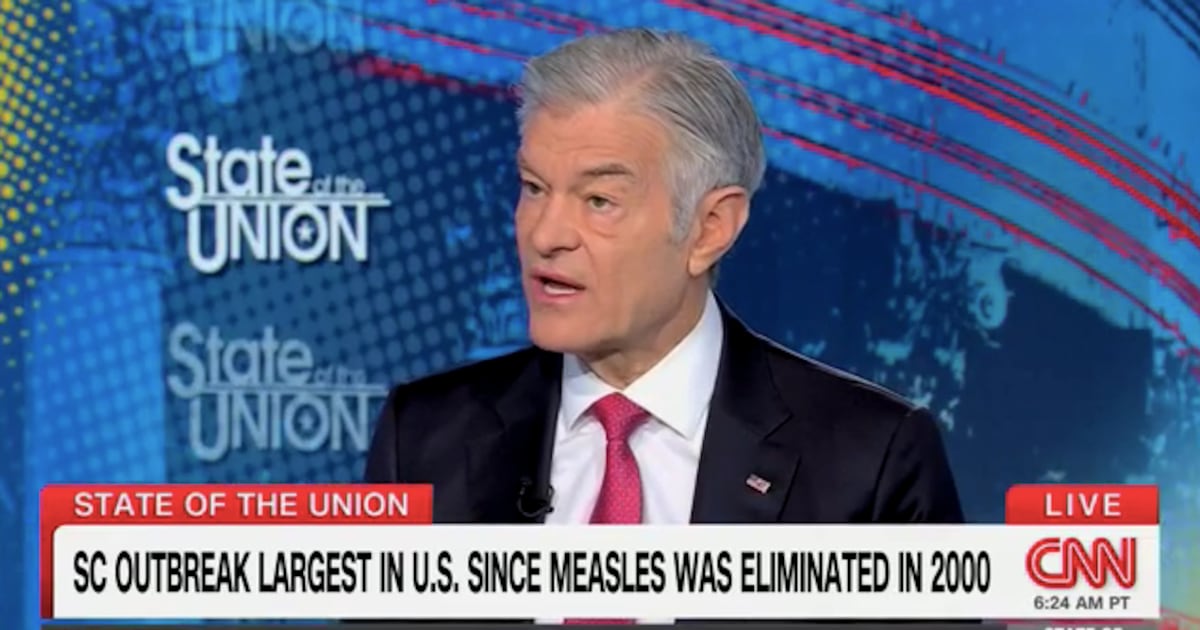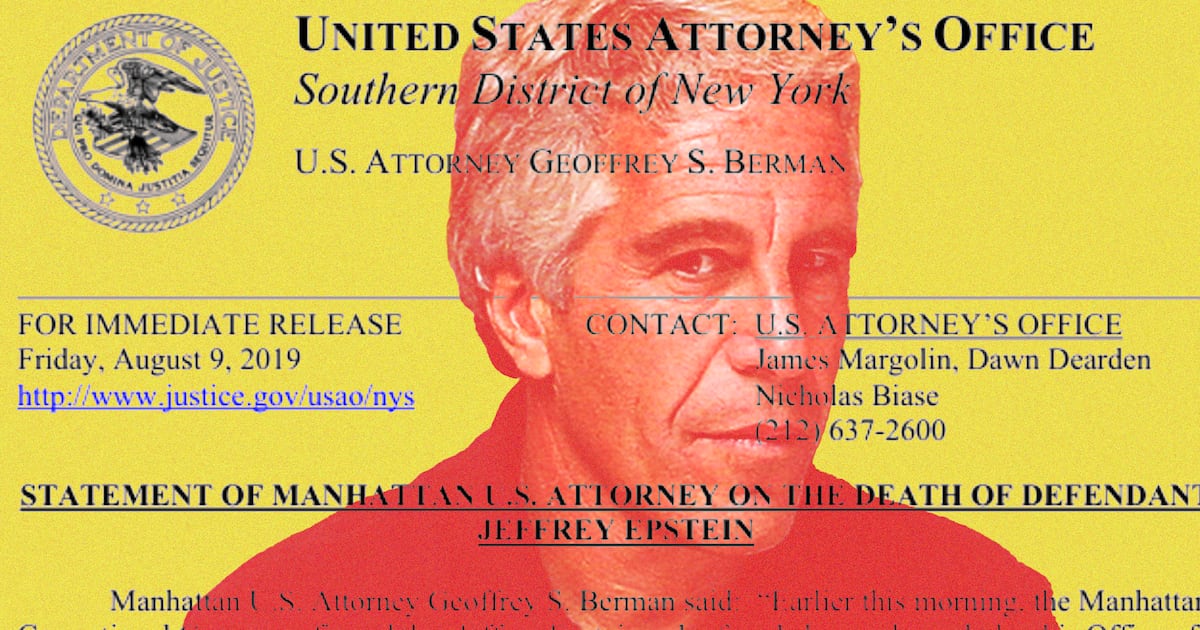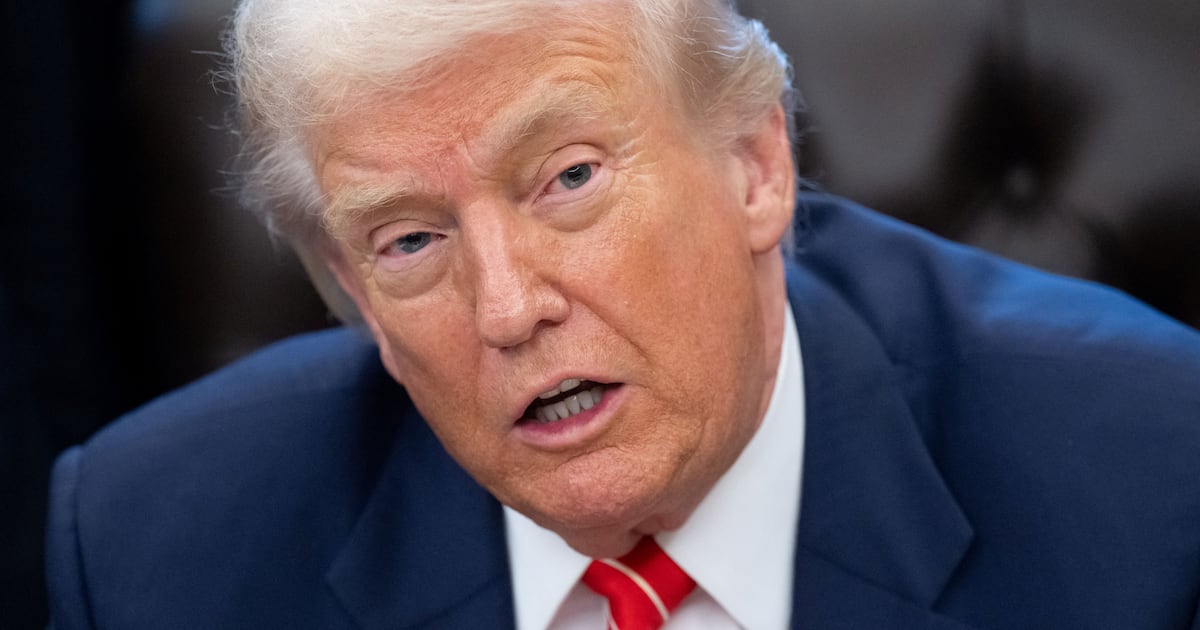It’s been a year of battle lines. The country has never beenmore polarized, and passionately so. Culture has never simmered so violently ina cauldron of outrage, smugness, joy, hope, hate, progress, activism, protest,silencing, and all other kinds of combustible emotions.
And so to neutralize the forthcoming cultural chemical spill,Hollywood has chosen the industry equivalent of baking soda to host this year’sOscars ceremony.
This is among the latest the Academy has ever named a host,likely because it didn’t quite know how to address the cultural climate. Inchoosing JimmyKimmel, whom the Academyannounced as host Monday morning, the organization is making a point not toplay with the barometric pressure.
It’s the safest choice they could have made in a stormy yearlike this, the emcee equivalent of an umbrella shielding the ceremony from anycontroversy. But is it the right choice?
After what essentially amounts to a decade ofmixed reviews for the Oscars telecast and plummetingratings—ratings that are highly unlikely to go up this year given the fact thatthere’s not a crowd-pleasing blockbuster among the crop of indie films likelyto dominate—the ceremony seems to be surrendering a bit.
Risk, edge, and danger have always seemed to be the hallmarks of showbiz ambition. It’s unlikely that those three words will be used in anycapacity to describe a Kimmel-hosted Oscars telecast. But as the Academy hasalso learned, those qualities haven’t always made for a successful ceremony,either.
More, after successiveyears of bad press, the Academy needs a win as much as culture seems to.And to that regard, Kimmel boasts the best batting average of likely hosts. Hewas spectacularlast fall at the Emmys, and boasts the kind of confidence that the ceremonyrequires. He’s not a question mark. We can pretty much imagine what his showwill look like, for better or worse. (In my opinion, for the better.)
Hosting the Oscars is a notoriously thankless job. No criticis ever pleased with the performance.
You either insert yourself into the ceremony too much, ornot enough. You were either too reverent to the show’s pompousness or you weretoo controversial and impolite. The telecast itself is television’s longestslog. When you’re the driver of it, you’re assigned the blame for it taking solong even though you have no control over the traffic—the sheer number ofawards and montages—so to speak.
When Chris Rock was named host of last year’s ceremony,viewers buckled up for a host who was finally going to take the air out ofHollywood’s inflated ego. When, for the second year in a row, no actingnominees of color were named and the #OscarsSoWhitehashtag dominated all Oscars conversations, viewers downright salivatedimagining the brutal honesty with which he was going to tear into the Academy.
In the end, though, Rock got a mixed reaction. His openingmonologue was as searing as most of us hoped (though some felt he couldhave gone even further, especially when he devalued thosewho had protested against the whitewashed nominee slate), but hisperformance grew increasinglytone-deaf and jokes began landing with echoingthuds.
Perhaps no combination of host, cultural debate, and nomineeslate seemed more primed for a hit ceremony than Rock and last year’s#OscarsSoWhite ceremony, albeit under embarrassing and unfortunatecircumstances. And still the ceremony didn’t deliver on its promise.
So what if the promise of the ceremony is just to be…fine?That seems to be the message sent with Kimmel, the late-night host that prettymuch everyone is cool with, especially ABC, which airs both the Oscars andKimmel’s talk show.
Where the Oscars seem to have gotten themselves in trouble in thepast decade is when they seemed to be chasing an audience.
It didn’t attract the adoration of the youths, as intended,with its selectionof Anne Hathaway and James Franco. (If anything, it chased away those whoalready were fans of the ceremony.) It didn’t win back the establishment byplaying to tradition with its reactionary hiringof Billy Crystal the following year.
Reactionary hirings in general have been a disaster for theAcademy, be it Crystal in response to the Hathaway-Franco debacle or, thefollowing year, the raunch-and-roaststylings of Seth MacFarlane to swing the pendulum in the opposite directionof taste.
Playing it down the middle isn’t always the greatest idea. Perhapsno awards host is more seasoned and celebrated than Neil Patrick Harris, but hedidn’texactly pull off any magic tricks—though he literally tried—when he landedthe most prestigious hosting gig in 2015. And the combination of Steve Martinand Alec Baldwin was similarly unmemorable in 2010.
That said, the so-called boring choice has been a provenone. Ellen DeGeneres hosting two of the best-reviewed telecasts in the lastdecade with her performances in 2007 and 2014, proving that going mainstreamand middling works. More, if you think about how great Hugh Jackman’s hostingturn was in 2009 when combined with DeGeneres’s, the lesson might be that asense of humor that is, for lack of a better word, “nice” is the safest thingto do.
Is Jimmy Kimmel “nice?” As he proved at the Emmys this year,he deftly walks a balance where he can poke fun but is not toomean-spirited. He can address elephants in the room, but he’s not going topoach them, per se, as much as he’ll just prod at them.
Might it have been a bolder choice to, say, hire a host whowas going to ruthlessly go after Donald Trump and the scary things happening inour country right now? That might have arguably been necessary, or even noble, givenHollywood’s endless speechifying about its players’ politics. Kimmel did open the Emmys, if you remember, witha Trump takedown—even if he’s not the first name you think of when youconsider political comedians.
But bold choices tend not to work, historically, at theOscars. Jimmy Kimmel? He just might.


